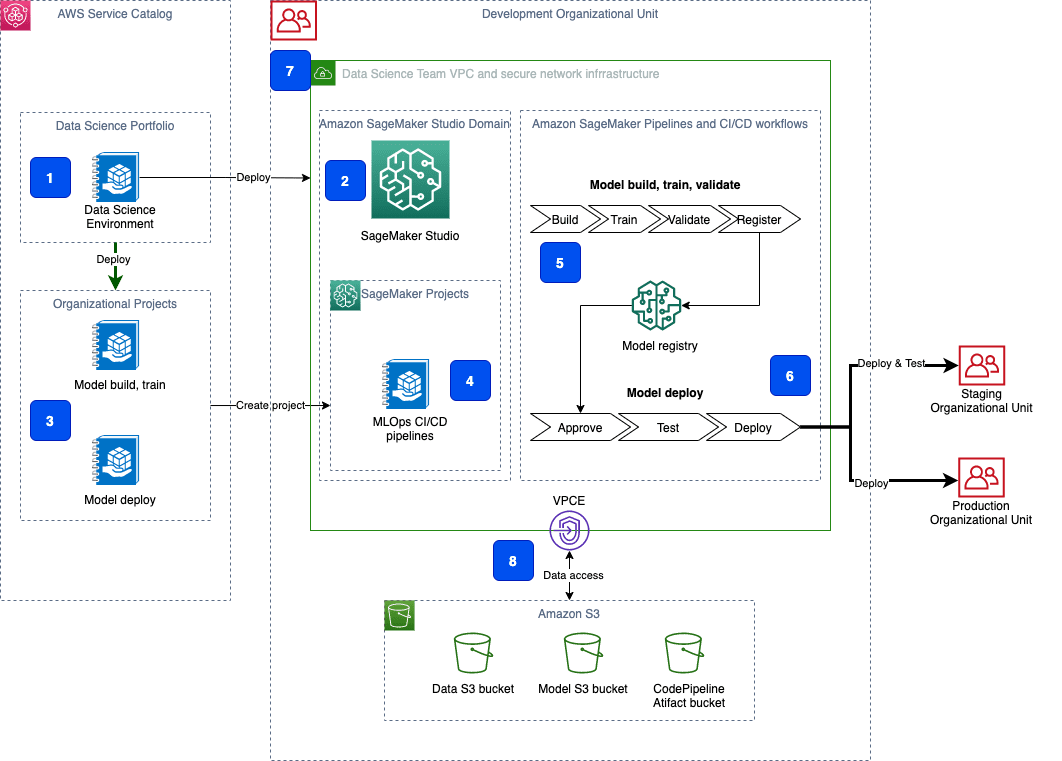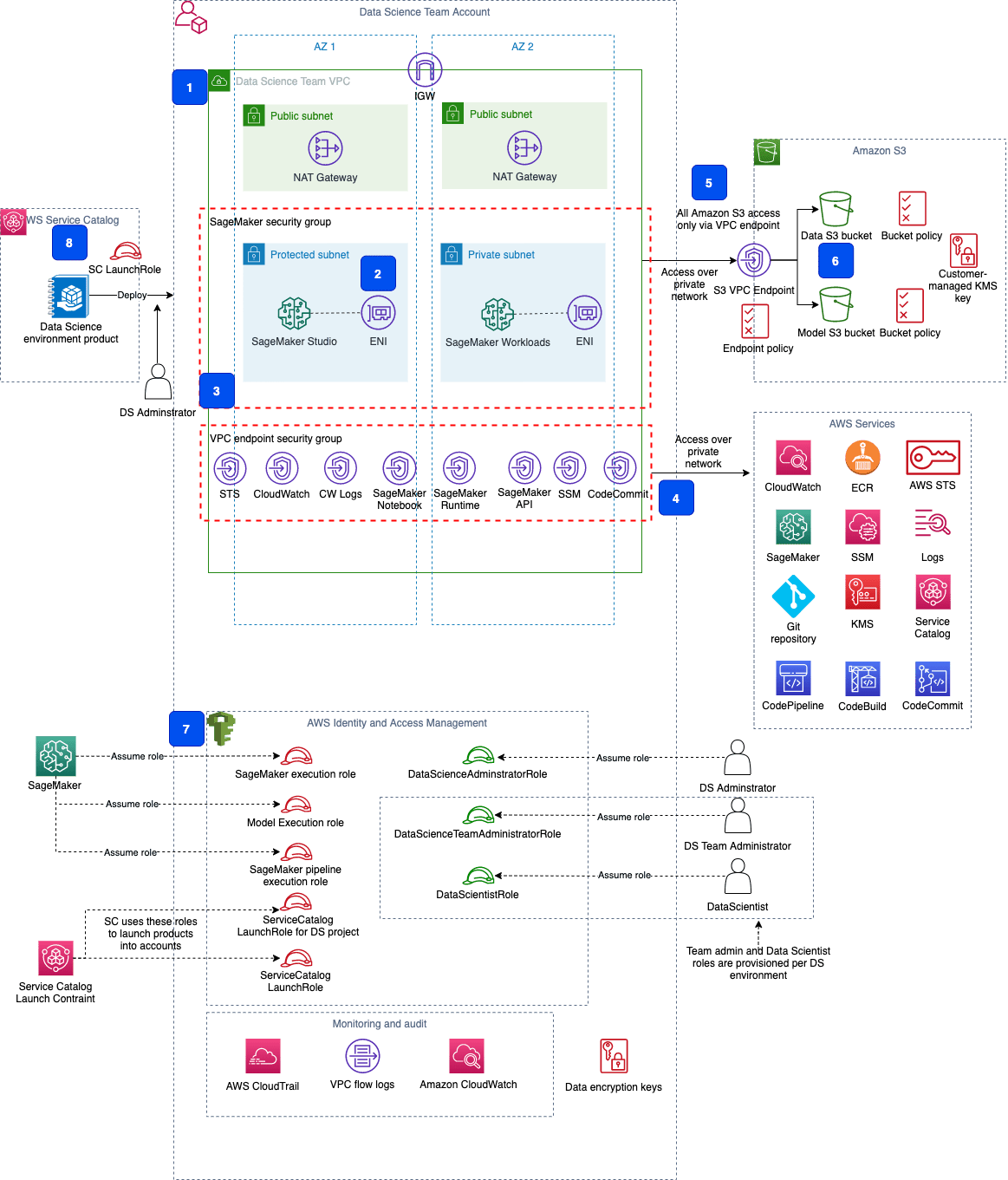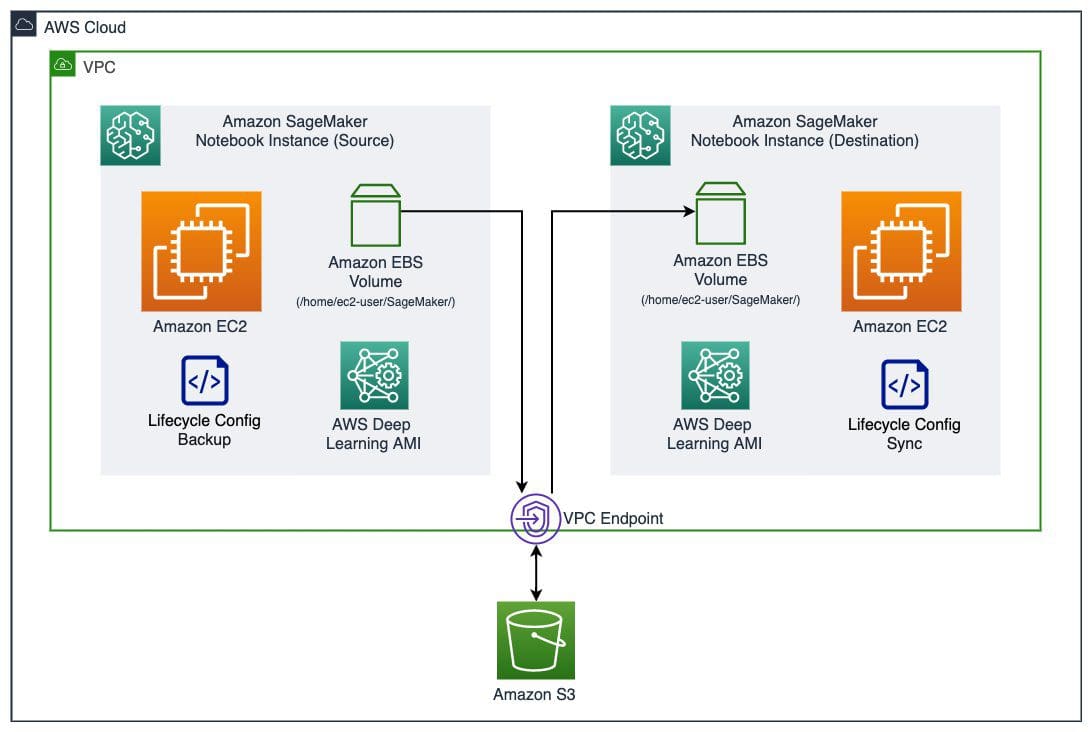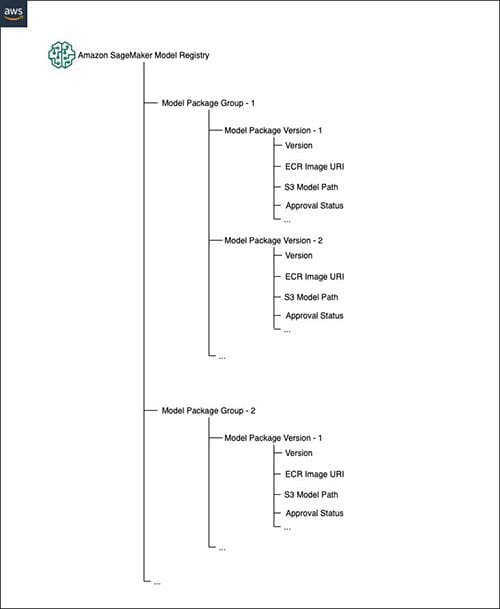Favorite “Farmers feed the entire world — so how might we support them to be resilient and build sustainable systems that also support global food security?” It’s a question that Diana Akrong found herself asking last year. Diana is a UX researcher based in Accra, Ghana, and the founding member
Read More
 Shared by Google AI Technology August 23, 2021
Shared by Google AI Technology August 23, 2021
Favorite Here’s another post from the archives (corrected for some inaccuracy) which makes the case that much of the confusion around Knowledge Management may be due to an uncharacteristic deficiency in the English Language. Knowledge Management has always been in a state of confusion. There is no established understanding of
Read More
 Shared by Nick Milton August 23, 2021
Shared by Nick Milton August 23, 2021
Favorite Amazon SageMaker Studio is a web-based, integrated development environment (IDE) for machine learning (ML) that lets you build, train, debug, deploy, and monitor your ML models. Although Studio provides all the tools you need to take your models from experimentation to production, you need a robust and secure model
Read More
 Shared by AWS Machine Learning August 19, 2021
Shared by AWS Machine Learning August 19, 2021
Favorite In Part 1 of this series of posts, we offered step-by-step guidance for using Amazon SageMaker, SageMaker projects and Amazon SageMaker Pipelines, and AWS services such as Amazon Virtual Private Cloud (Amazon VPC), AWS CloudFormation, AWS Key Management Service (AWS KMS), and AWS Identity and Access Management (IAM) to
Read More
 Shared by AWS Machine Learning August 19, 2021
Shared by AWS Machine Learning August 19, 2021
Favorite Today, we’re excited to announce that Amazon SageMaker notebook instances support Amazon Linux 2. You can now choose Amazon Linux 2 for your new SageMaker notebook instance to take advantage of the latest update and support provided by Amazon Linux 2. SageMaker notebook instances are fully managed Jupyter Notebooks
Read More
 Shared by AWS Machine Learning August 19, 2021
Shared by AWS Machine Learning August 19, 2021
Favorite Amazon SageMaker notebook instances now support Amazon Linux 2, so you can now create a new Amazon SageMaker notebook instance to start developing your machine learning (ML) models with the latest updates. An obvious question is: what do I need to do to migrate my work from an existing
Read More
 Shared by AWS Machine Learning August 19, 2021
Shared by AWS Machine Learning August 19, 2021
Favorite Before the pandemic, Alicia Chang was working on a new project. “I was experimenting with non-traditional ways to help teach Googlers the AI Principles,” she says. Alicia is a technical writer on the Engineering Education team focused on designing learning experiences to help Googlers learn about our AI Principles
Read More
 Shared by Google AI Technology August 18, 2021
Shared by Google AI Technology August 18, 2021
Favorite Data science workflows have to pass multiple stages as they progress from the experimentation to production pipeline. A common approach involves separate accounts dedicated to different phases of the AI/ML workflow (experimentation, development, and production). In addition, issues related to data access control may also mandate that workflows for
Read More
 Shared by AWS Machine Learning August 18, 2021
Shared by AWS Machine Learning August 18, 2021
Favorite If you’re integrating your Amazon Lex chatbots with Slack, chances are you’ll come across Block Kit. Block Kit is a UI framework for Slack apps. Like response cards, Block Kit can help simplify interactions with your users. It offers flexibility to format your bot messages with blocks, buttons, check
Read More
 Shared by AWS Machine Learning August 18, 2021
Shared by AWS Machine Learning August 18, 2021
Favorite Launched at AWS re:Invent 2020, Amazon SageMaker Pipelines is the first purpose-built, easy-to-use continuous integration and continuous delivery (CI/CD) service for machine learning (ML). With Pipelines, you can create, automate, and manage end-to-end ML workflows at scale. You can integrate Pipelines with existing CI/CD tooling. This includes integration with
Read More
 Shared by AWS Machine Learning August 18, 2021
Shared by AWS Machine Learning August 18, 2021
![]() Shared by Google AI Technology August 23, 2021
Shared by Google AI Technology August 23, 2021








